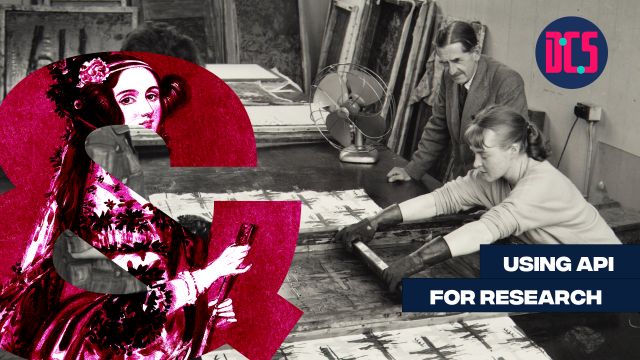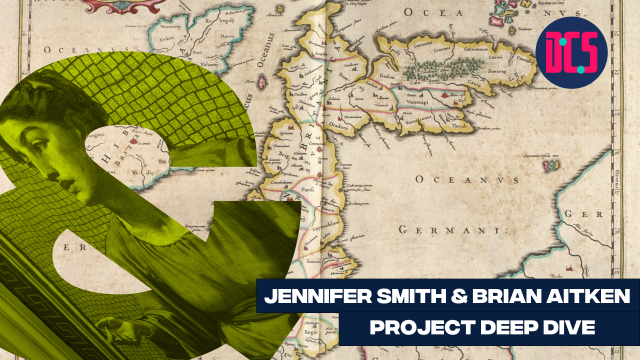Data Carpentry: From Data Wrangling to Data Visualisation

Online
Data Carpentry develops and teaches workshops on the fundamental data skills needed to conduct research. Its target audience is researchers who have little to no prior computational experience, and its lessons are domain-specific, building on learners' existing knowledge to enable them to quickly apply skills learned to their own research. Participants will be encouraged to help one another and to apply what they have learned to their own research problems.
This course will cover the following topics:
-
Data Organisation with Spreadsheets
-
Cleaning Datasets with OpenRefine
-
Introduction to Data Analysis with RStudio
This is a beginner-level event, and no previous knowledge of the method is required.
If you’re new to this training event format, or to CDCS training events in general, read more on what to expect from CDCS training. Here you will also find details of our cancellation and no-show policy, which applies to this event.
Course Schedule:
23 October
-
Data Organization in Spreadsheets
24 October
-
Cleaning Data with OpenRefine
25 October
-
Intro to R and RStudio
Requirements: click here for setup instructions. PLEASE COMPLETE THE SETUP IN ADVANCE OF EACH RELEVANT SESSION.
For full details of each session, visit the course webpage.
If you're interested in other training on data wrangling and data visualisation you can look at the following:












